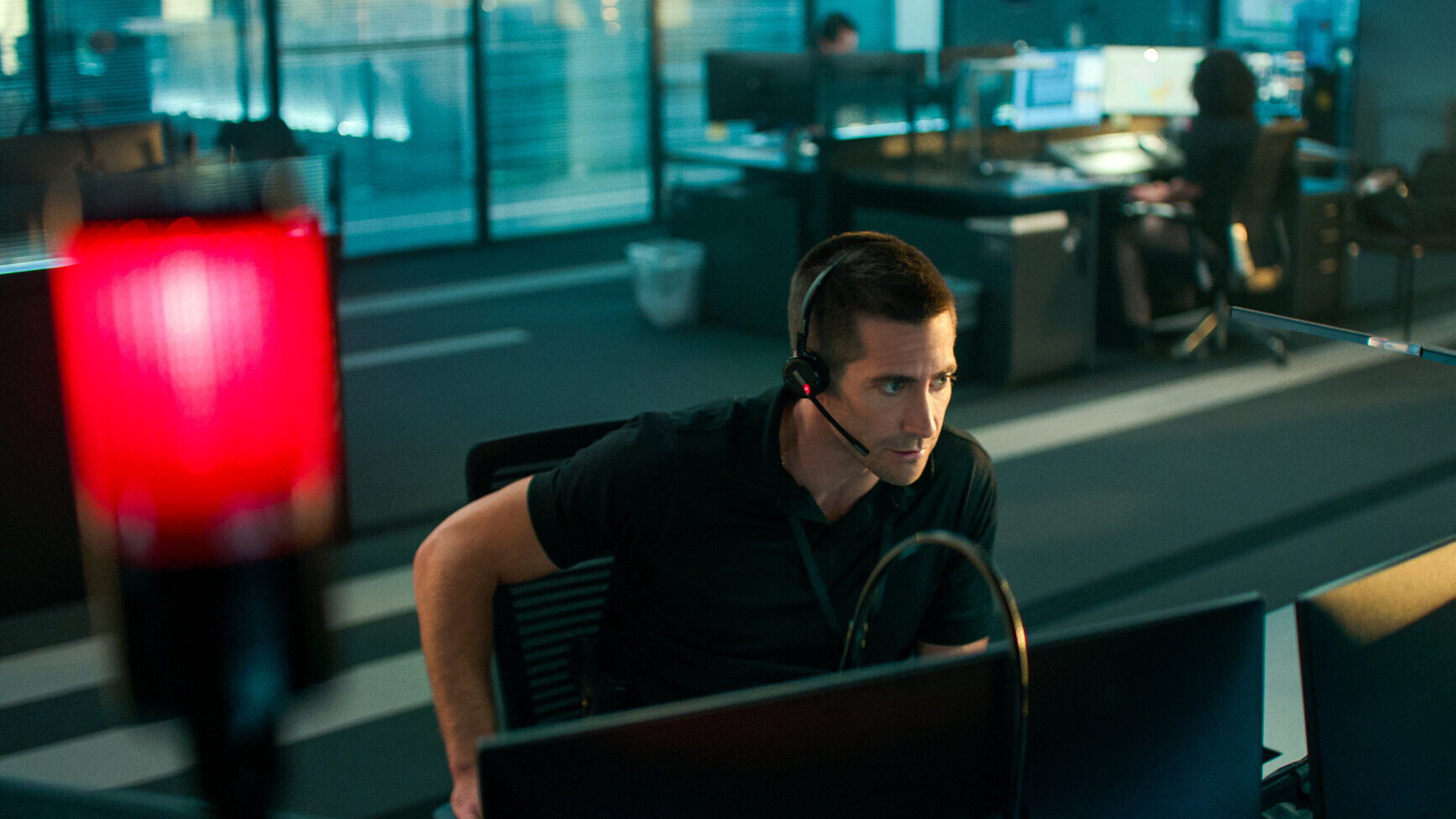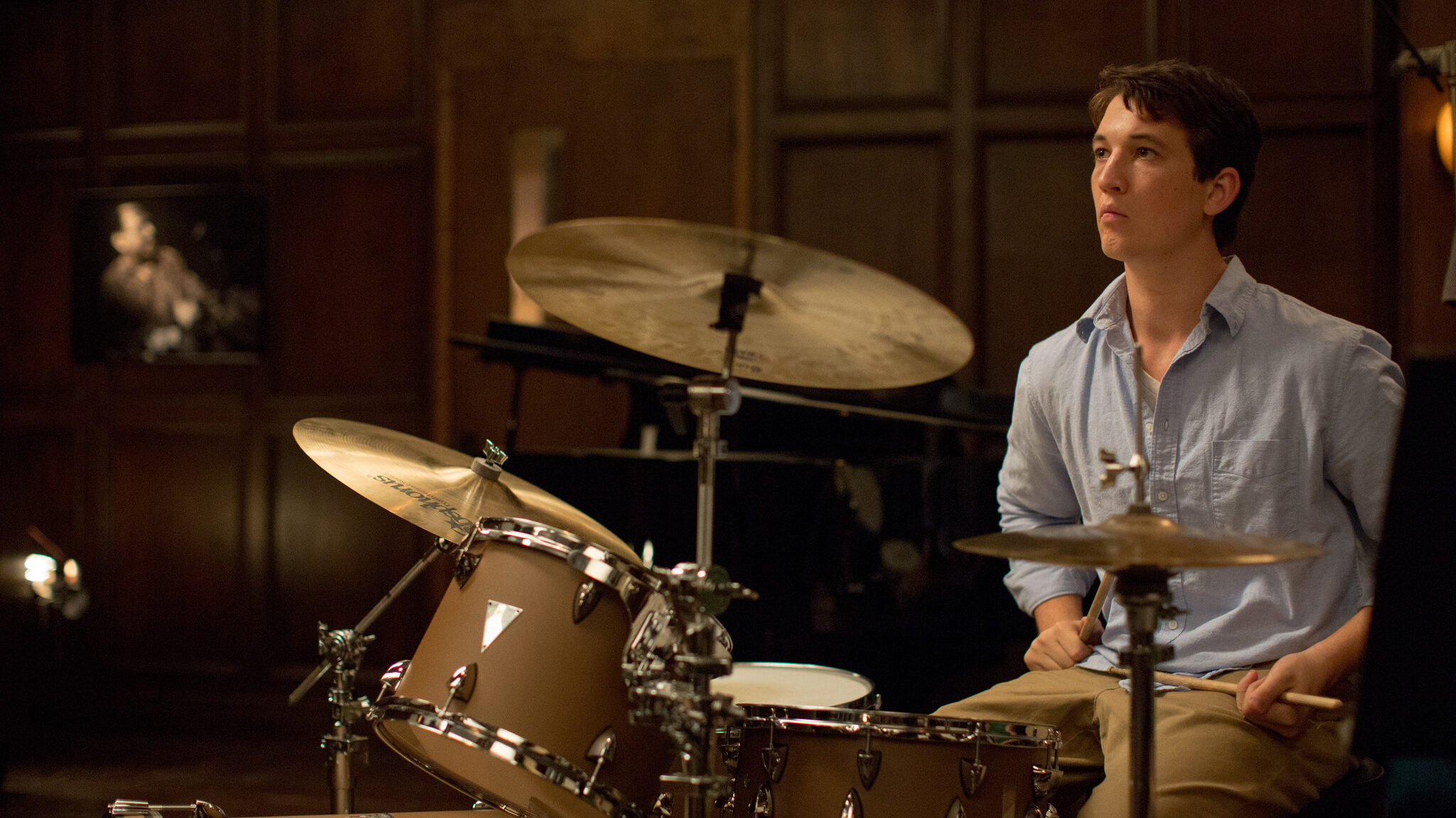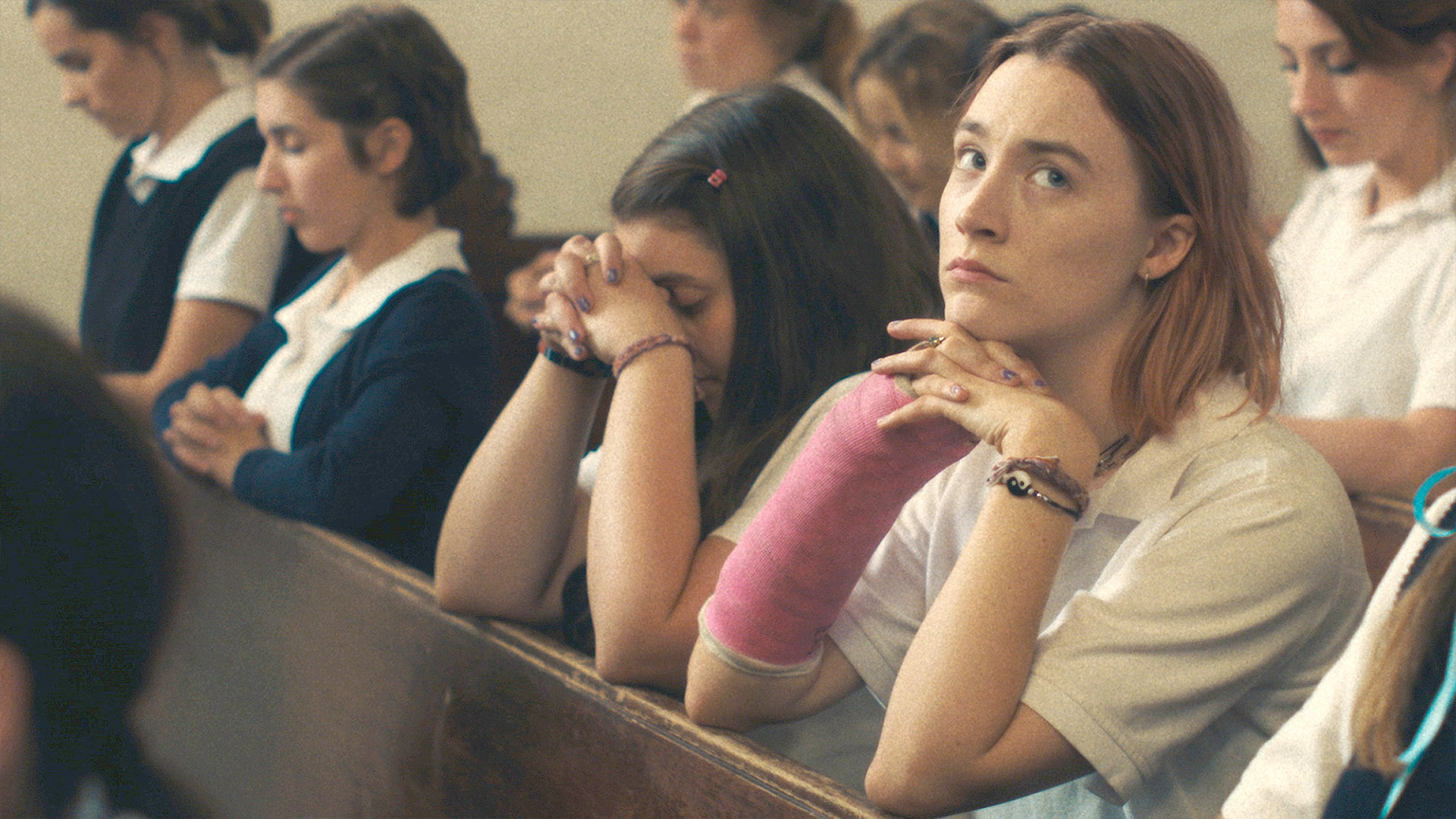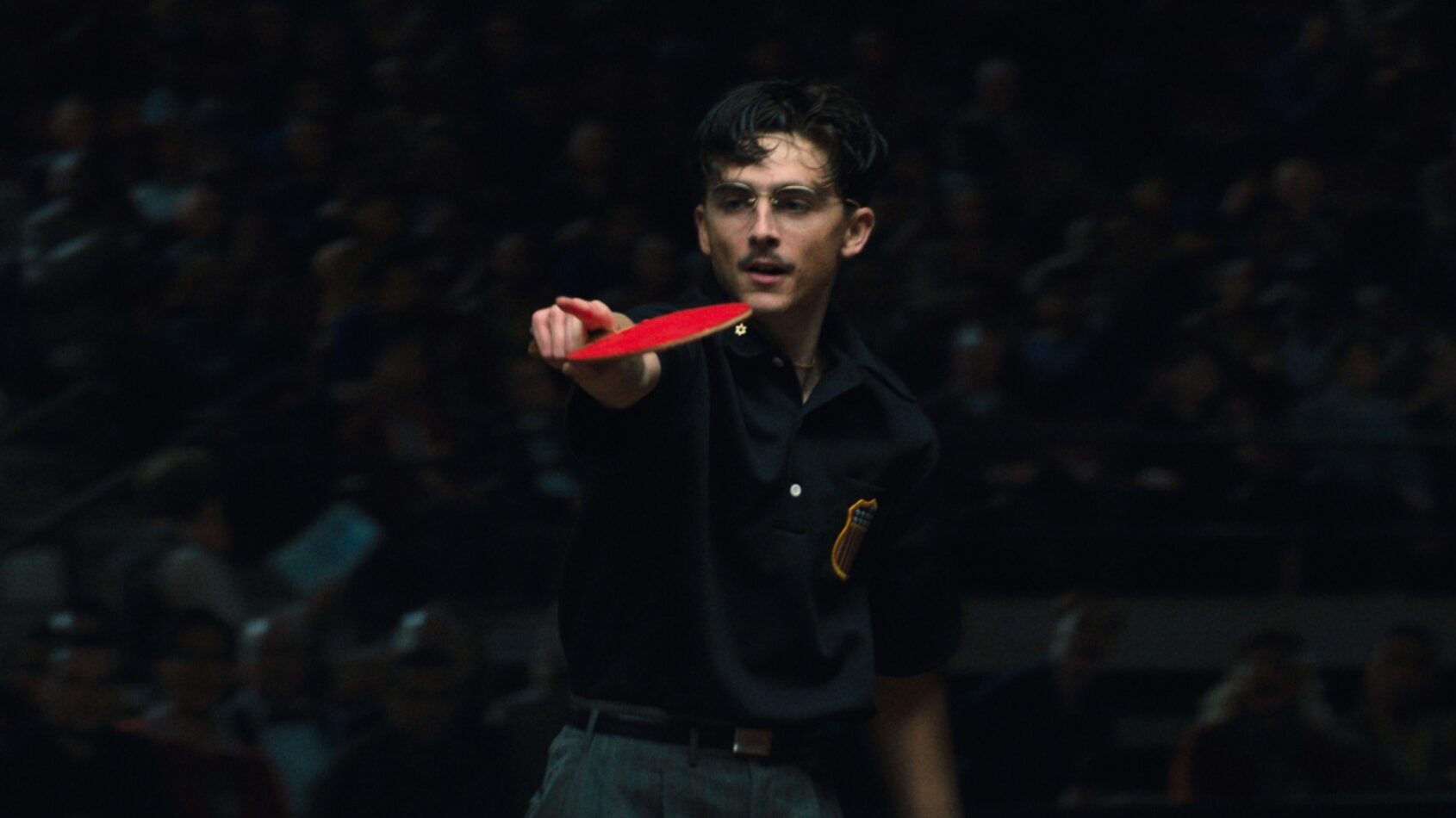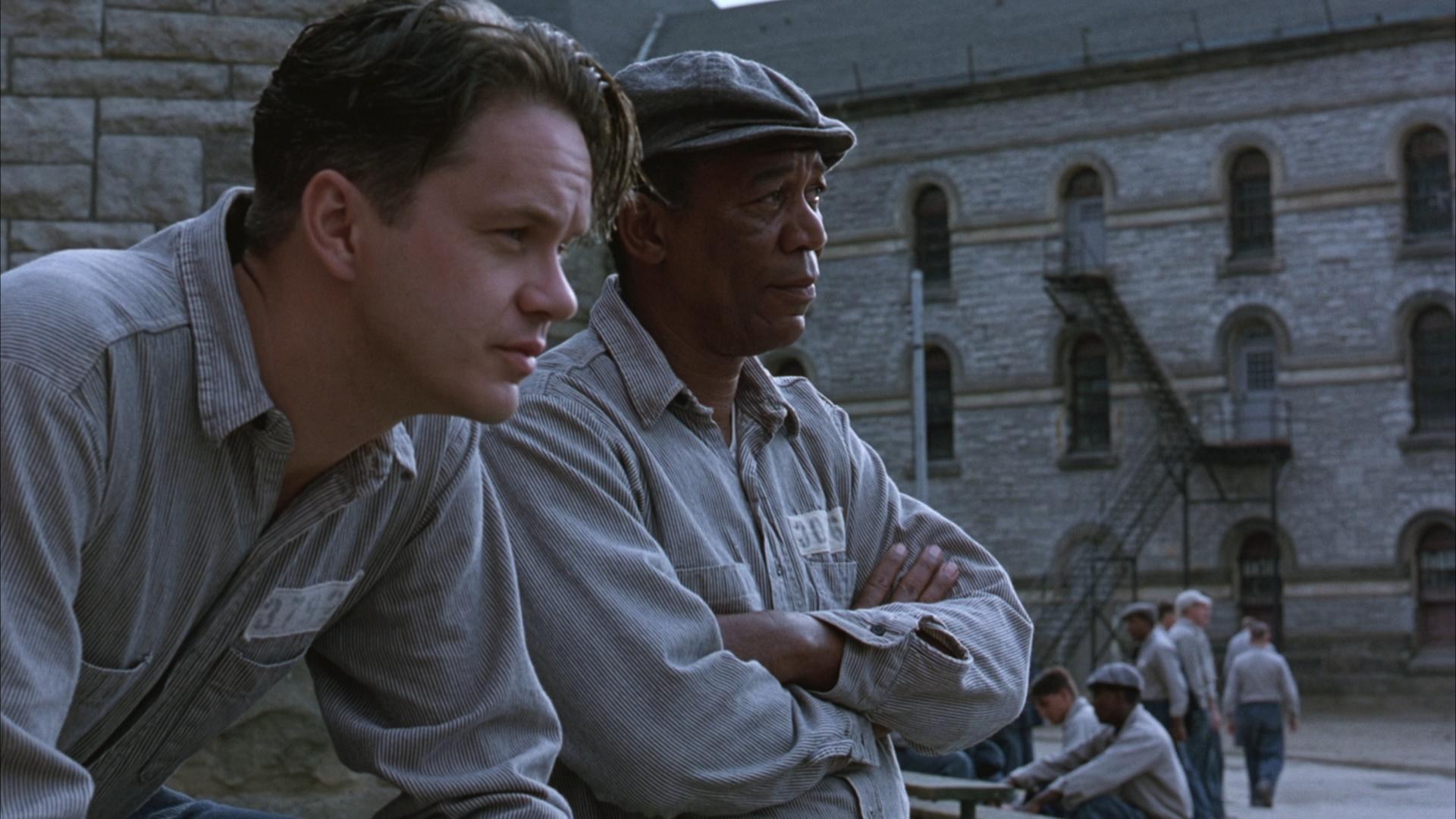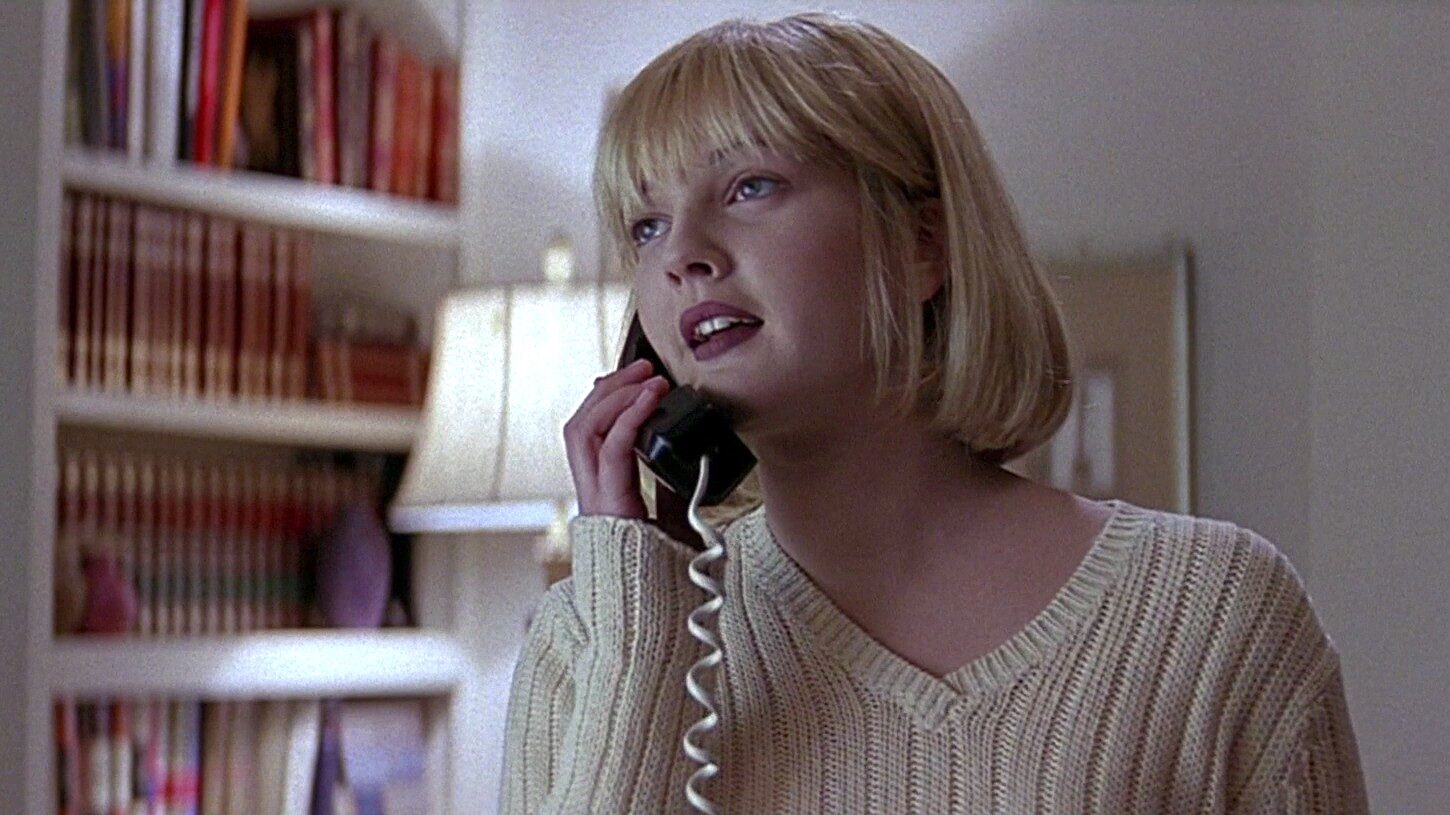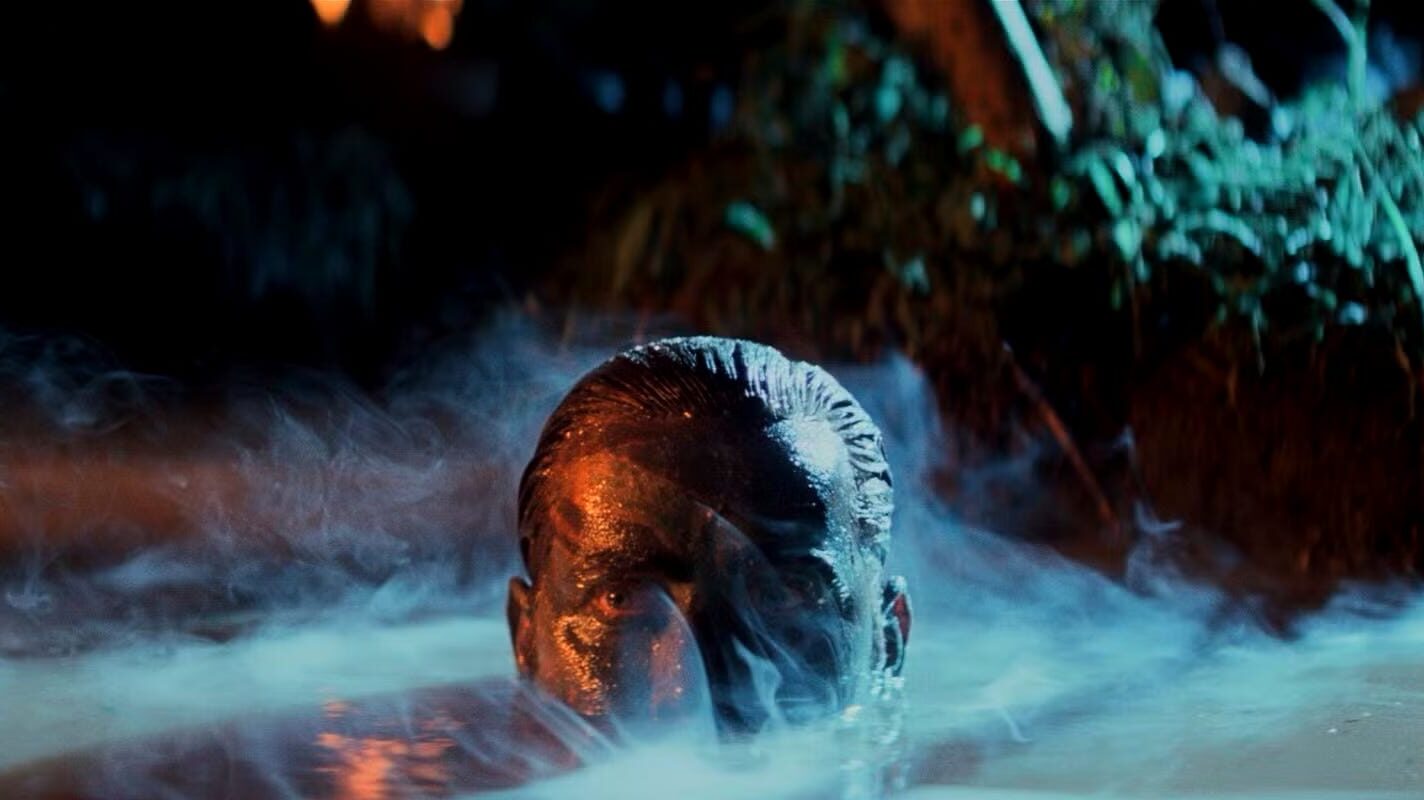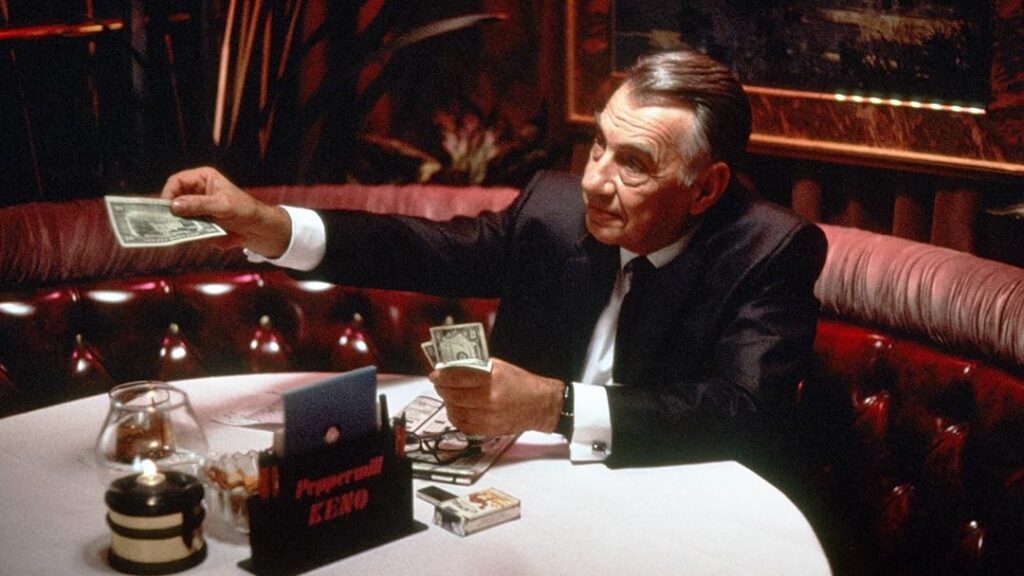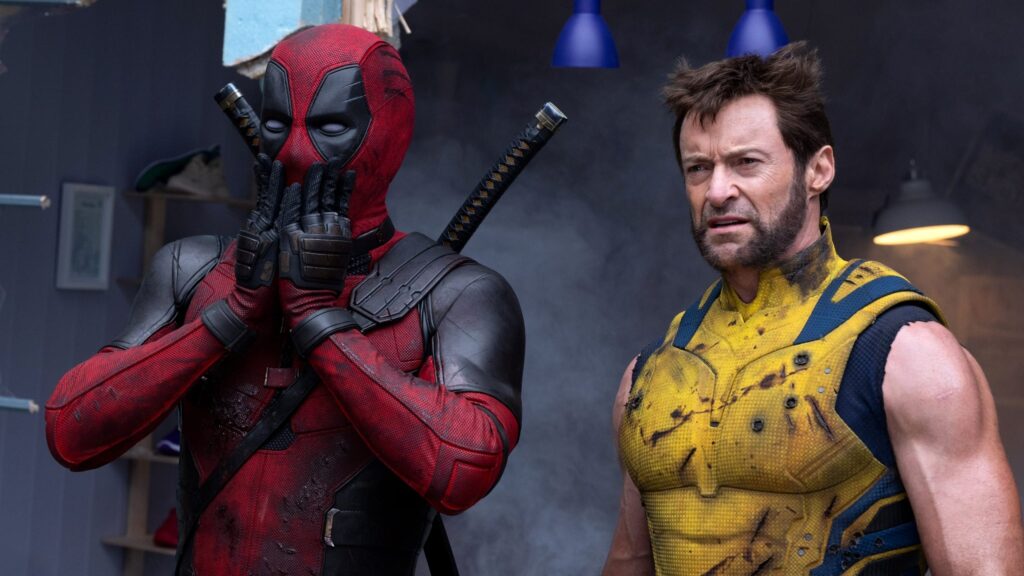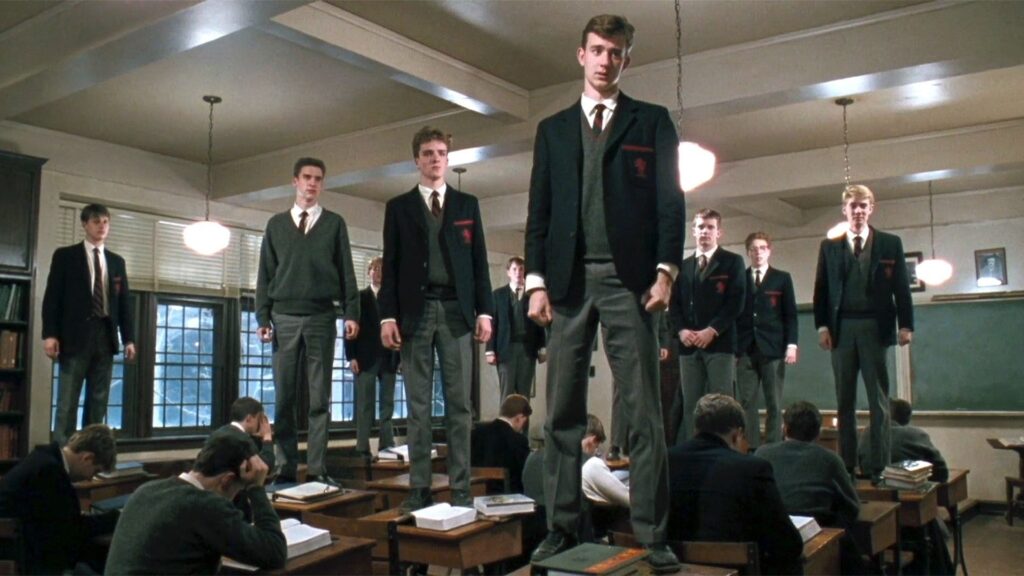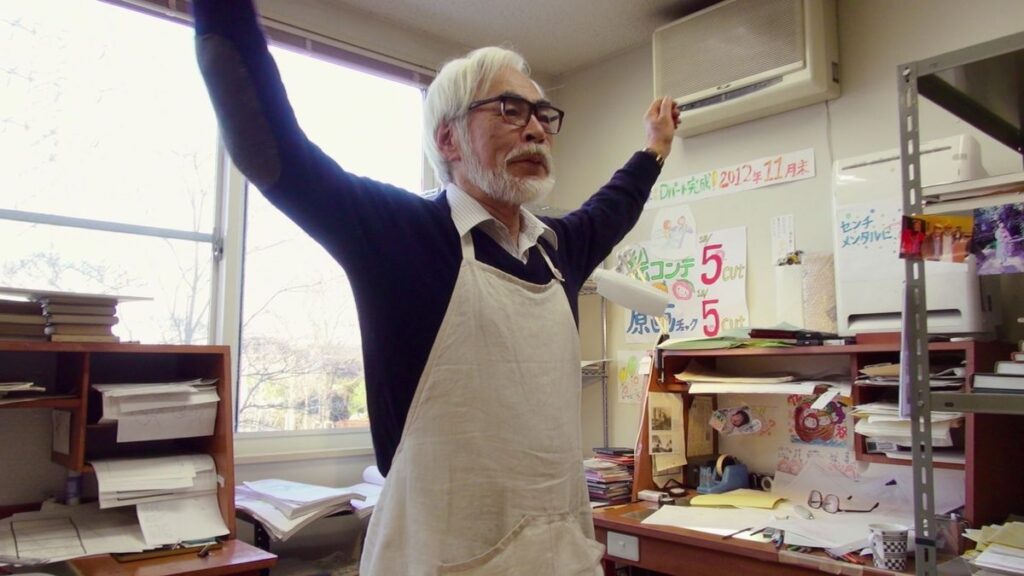Jake Gyllenhaal’s central performance commands enough fury to carry the chamber piece, but doesn’t justify why it is one in the first place.
Even if you haven’t seen the original (as I haven’t), it’s almost immediately evident that Antoine Fuqua’s The Guilty is an ‘American’ remake. Every part of the presentation feels like it was traced from something more substantive, a blurry photograph of something thrilling, not unlike how the main character imagines the events he’s isolated from. Despite an impressive performance from Gyllenhaal (at most points), the surrounding narrative does little to excite and only reminds you how much more emotional the visible (or rather, audible) events likely would be in another film. Vague ideas which are likely not found in the original Danish film are minimally explored, like an indictment of non-universal healthcare, but the script doesn’t have enough confidence in itself to explore them independently.
The Guilty embraces the usual hallmarks of an American remake; a lazy name change (the main character is literally named Joe), dramatization where it doesn’t seem to belong (if 911 operators waste so much time conversing and arguing before passing on information, than I have no faith in our response system), betrayal of the main concept of the original (one out-of-place visualization of what the operator is hearing. If this is meant to represent what he’s imagining is happening, why is it found nowhere else in the film?) and a lame abatement of the emotion behind plot points that could potentially alienate those in the audience the studio considers faint of heart (Just kill the baby. How did they save it if it’s intestines were ripped out?).
One of this film’s biggest mistakes is making Gyllenhaal’s character an unlikeable (almost psychopathic?) asshole. Not only do we hear that he shot a petty criminal on duty, supposedly in a moment of police brutality, but he also actively disrupts other officers’ attempts to find the victim. Numerous times, due to his ridiculously low impulse control, Gyllenhaal takes matters into his own hands, ignoring the instructions of the officers he interacts with. The film insists as though his frustration with the system is justified, while we’re not given any reason to believe the same; it’s only his interactions with the involved family that exacerbates the situation. The film sees a man who merely made some mistakes that rippled into heavy consequences; I see a consistent pattern of violently impulsive behaviour.
The only moment where he contributes anything positive beyond initially discovering the abduction is while gathering information from their daughter, and even then, during that conversation he spends time continuing to speak with her before relaying the license plate number. You can simply explain to her that you’re going to disconnect for a moment instead of finishing the conversation; 6-year olds aren’t stupid.
This characteristic, in collaboration with the film’s emotionally manipulative nature, derivative presentation (I assume) and lack of sincerity, dispels both a positive opinion and memorability. By this time next year, The Guilty will have been all but forgotten.
